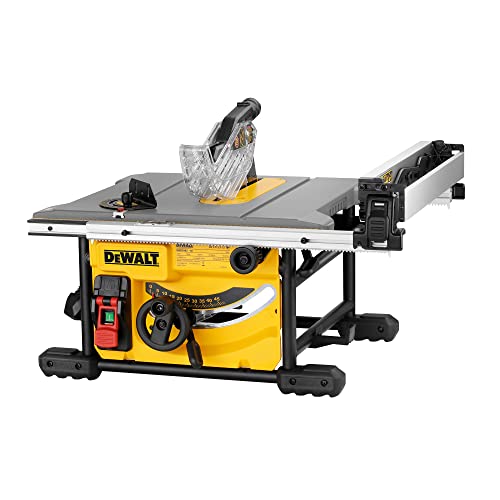Beautiful Plants For Your Interior
Beautiful Plants For Your Interior
There are several types of table saws, each with its own set of advantages and disadvantages. Here are some pros and cons to consider when selecting a saw:
Benchtop saws
Contractor saws
Cabinet saws
Hybrid saws
Ultimately, the type of table saw that is best for you will depend on your specific needs and budget.

Table saws are an essential tool for any woodworker. They come in different varieties, each with unique features and capabilities that appeal to different woodworking needs. However, choosing the right one can be overwhelming, especially for novices. This article will outline the pros and cons of each type of table saw, making it easier for you to choose the one that suits you best.
Contractor table saws are popular among DIY hobbyists and woodworking enthusiasts. They are portable, easy to move around, and relatively affordable compared to other types of table saws. Contractor saws have open stands, and the motor hangs off the back, making them less powerful than other types of saws. However, they have large tables that can accommodate sheet goods, so they’re perfect for working on large projects.
Cabinet table saws are the most powerful table saws available on the market. They come with a fully enclosed cabinet that houses the motor, making them very quiet. They have cast-iron tables, trunnions, and arbor assemblies, making them highly precise and durable. Cabinet saws are known for their dust collection capabilities, ensuring that your workspace remains clean.
Hybrid table saws are a combination of contractor and cabinet table saws. They are more affordable than cabinet table saws and more powerful than contractor saws. Hybrid saws have enclosed cabinets that help with dust collection, and they are capable of producing highly accurate cuts.
Benchtop saws are the smallest and most portable types of table saws. They are suitable for people with limited space and can easily be stored away when not in use. They are affordable and entry-level options for new woodworkers. However, their small size means that they cannot handle large pieces of wood.
Choosing a table saw is a personal decision that depends on your needs, budget, and workspace. Each type of table saw has its pros and cons. Contractor saws are affordable and portable, but not as powerful as other types. Cabinet saws are the most powerful, precise, and efficient in dust collection but are less portable and expensive. Hybrid saws offer a balance between affordability and power, while benchtop saws are the most compact and affordable. Knowing the pros and cons of each type of saw will guide you towards making the right choice.
For more information on table saws, check out this beginner’s guide to table saws.
| Table of Comparison | Contractor Table Saw | Cabinet Table Saw | Hybrid Table Saw |
|---|---|---|---|
| Power | <1000W | >1500W | >1100W |
| Precision | 3/4 to 1/8 inches | 1/128 inches | 1/16 to 1/8 inches |
| Dust Collection | Poor | Excellent | Good |
| Mobility | Portable | Not Portable | Somewhat Portable |
| Cost | Lowest | Highest | Mid-Range |
There are mainly four types of table saws available in the market, namely the cabinet saw, hybrid saw, contractor saw, and benchtop saw. Each type has its unique features and specifications, which make them suitable for a particular work environment.
Cabinet saws are more robust and precise than other types of saws. They have a heavy-duty, enclosed cabinet that protects the motor and other components from dust and debris. They provide consistent and accurate cuts and are ideal for professional woodworkers.
Contractor saws are less powerful than cabinet saws and have a smaller surface area to work with. They are portable and lightweight, making them ideal for on-site jobs, but they lack accuracy and precision.
Choosing the right type of saw depends on various factors, such as the size of your workshop, the type of work you do, and your budget. If you are a professional woodworker and work on large projects, a cabinet saw would be the best option. But if you are a DIY woodworker with limited space and budget, a benchtop saw or contractor saw would suffice.
When buying a table saw, look for essential features such as the power of the motor, blade size, rip capacity, dust collection system, and safety features. Consider the type of work you will do and make sure the saw has the necessary features to make your job easier and more efficient.
Yes, it is possible to upgrade an old table saw with newer components and accessories. You can replace the blade with a better one, add a fence system, dust collection system, or even a new motor. Consult a professional woodworker or a saw technician before making significant upgrades.
No, you cannot use any blade for your table saw. Table saw blades are designed for specific purposes such as cross-cutting, ripping, or making angled cuts. Make sure to use the right blade for the job to get the best results and prevent accidents.